|
Dr Tom Cromarty Editor Interests: Paediatric Emergency Medicine, Medical Engagement and Leadership, Simulation, Quality Improvement, Research Twitter: @Tomcromarty |
Welsh Research and Education Network
WREN BlogHot topics in research and medical education, in Wales and beyond
Dr Celyn Kenny Editor Interests: Neonates, Neurodevelopment, Sepsis, Media and Broadcasting Twitter: @Celynkenny |
|
Dr Tim Warlow The Paediatric Palliative Care Team & Ty Hafan hospice are hosting another free conference at the Copthorne in Cardiff on the 9th May 2019.
It will involve interactive sessions on advanced care planning, decision making at the end of life and the All Wales ‘PAC’ Plan. This is one of the most challenging areas reported by new consultants in managing professional relationships and families. We are hosting an expert panel including police, ambulance and organ donation teams, and a live interview with a bereaved parent with an open Q&A session. It promises to be a thoroughly engaging day with professionals from a variety of backgrounds represented, to tackle some of the most challenging aspects of paediatrics. A hot lunch and refreshments are provided.
2 Comments
Currently within Paediatric training you have to opportunity after your core training to apply for sub speciality training within Paediatrics. Info on the GRID process can be found here: https://www.rcpch.ac.uk/resources/apply-sub-specialty-training-ntn-grid-guidance The list of sub-specialities available and information about them can be found here: https://www.rcpch.ac.uk/education-careers/careers-paediatrics/sub-specialties Having applied and been successful this year I thought it might be useful to have a blog post covering the best tips which I received along the way. Dr Rebecca Broomfield Before you start? Firstly you need to decide if you even want to apply for a sub-speciality, and if you do then which one! I cannot start this blog by saying that I had always dreamed of being an Emergency Paediatrician - I had not. If I am completely honest for the first two years of my Paediatric training I mainly wanted to pass my exams. However, I was asked an important question the day after finding out that I had passed my clinical exam. (Literally the day after, thanks Dr Ian Morris!) He asked me what I wanted to be. My reply was a rather surprised, hopefully its clear I want to be a paediatrician, but it was the next question that really started me thinking - What do you want to do within that? It made me stop and made me question exactly what type of paediatrician I wanted to be. Now, I don't think he was necessarily asking what GRID I was going to apply for or meaning that I should sub-specialise but I started asking what I loved about my job, what I didn't enjoy and this made me realise that I needed a slightly more focused career aim than gaining my clinical exams and bobbing along through the rest of my training. So, if you are at the start of your career, or even near the end - I ask you "What do you want to do within that?" Is a sub-speciality for you? Do you have an interest in medical education? Have you got a passion for clinical leadership? Have you always fancied a PhD? You might already know the answer. Or you might, like me, have not thought about it until somebody asked. If you have decided on a sub-speciality then you need to start looking at your CV and tailoring it towards that focus. Personally I asked for a rotation in PEM. I attended PEM relevant conferences and took part in PEM research. The QI projects I undertook became more emergency focused and I attempted to gain insight into whether this was the place where I wanted to base my career by talking to the people already doing it. The application The best tip I had here was to look at the marking scheme when you are writing your answers. You can have a fairly good idea of what you are going to score if you at least look at the criteria you are being judged against. I started by brainstorming everything which I had been involved in. I didn't think I had much to go on to be completely honest when I started, but you'd be amazed how much you have actually achieved when you write it all down in one place! Once you have drafted answers and put words together on a page then ask people to read them! Ask as many people as you can from within your sub-speciality choice but also from outside it. Ask people who you consider to be friends but also people who you don't. Put yourself out there, brush away any imposter syndromes and get feedback on what you have actually written. Accept that they will all have different opinions with what you need to include to get top marks and realise that you will not be able to include it all. But the more people you ask to read it the better your answers will be. Importantly don't be to modest - this application my be the only chance to sell yourself to the speciality which you want to be part of. The best feedback I got told me bluntly to sell myself more. It feels uncomfortable to most but it is necessary, nobody else is going to sell you. If you have done something amazing then shout about it! The interview This was possibly the most stressful experience of my career thus far. It is extremely uncomfortable for the majority of people to sit in front of a group of highly qualified experts in the field which you want to join and talk about yourself and how great you are for 20 minutes. If this doesn't come naturally to you then the only thing to do it to practise! Do mock interviews, record your answers to standard questions and play them back to yourself, talk to the mirror whatever you need to do to get comfortable doing it. My first mock interview was a disaster and the second one was even worse but I had a team around me who were willing to help me get better. I read a helpful consultant interview book, had thought of examples for key areas which could be adapted to answer a question, had structures for questions to avoid rambling and, most importantly, borrowed a friends lucky jacket (Thanks Kate!) While nothing can prepare you for the questions which they will ask, and there is always a question you would never have thought of, I felt as prepared as I could be when I hopped onto the long train from Cardiff to London on the day of my interview. Practise and preparation are the key. (Plus a quick toilet based power pose in the RCPCH basement - Thanks Amy Cuddy) Think about what happens if you get an offer I did not do this. Prior to submitting the application you have to rank the jobs which you would be willing to accept. I did this and truly believed that I had thought through all the pros and cons of each place - the 24 hours or so (ok, probably more like 72) of sobbing after my job offer came through suggests that the reality of the situation was slightly different to the expectation that I had had before. So I encourage you to think through the reality of what would happen if you were offered that job and what you would be willing to accept prior to clicking the submit button. On that note, this is my last blog post as an editor for the WREN blog. Thank you for reading and taking this project from strength to strength.
I have been successful in my GRID application I will be starting my Paediatric Emergency training in September, however this will no longer be based in Wales. We felt it was important for the editors of the WREN blog to be based within the Wales Deanery. Annabel will be continuing and I am being replaced by Dr Tom Cromathy who has previously written guest blogs for us. I look forward to continuing to contribute and am sure the blog will be in safe hands! Dr Siwan Lloyd ST4 I was very lucky to be able to attend the BPNA (British Paediatric Neurology Association)’s annual conference again this year. I attended with a poster presentation on “Single-centre case series of outcomes following switch from Levetiracetam to Brivaracetam”. I was also very pleased to see that two other Wales Deanery trainees also had posters at the conference: Emily Payne with her poster on “FLNA Mutation and Epilepsy – A Case Report” and Bethan McMinn with her poster on “Splints – to have and to hold”. The abstracts for these posters are published in the Developmental Medicine and Child Neurology Journal Volume 61, Issue S1. The conference was held at the Titanic Hotel in Liverpool which was beautiful (unfortunately, my study budget did not stretch to me staying there and so I was in a Travelodge in the City Centre which wasn’t quite as glamorous). edit. The Conference Dinner was held in The Cunard Building with drinks beforehand in the British Music Experience where I got to see the Spice Girls’ original outfits and try out some electric guitars (and realise that my very few guitar chords that I learnt in University have long escaped my memory). There was also an evening Ceilidh which took me back to the many good times that I had at Ceilidhs during my 6 years in Edinburgh University. I met many of the Paediatric Neurology GRID trainees who were extremely kind and helpful and allowed me to question them endlessly about what life is like as a Paediatric Neurology GRID trainee. They were extremely supportive in giving me career and applications advice. I would encourage anyone thinking of applying for any GRID specialty to go to the trainee meetings, contact the trainee representatives and attend the trainee sessions at the annual conferences for that specialty in order to meet as many current trainees as possible. The insight and advice that they can provide is invaluable when making difficult career decisions. The conference had a very varied and packed programme and I will just briefly mention some of the most memorable talks. There were speakers from across the world including Brazil, Ghana, Nova Scotia, Marseilles and Ecuador. It was extremely interesting to hear about their clinical experiences working in such different settings (e.g. experience of congenital Zika Syndrome in Brazil). It was also insightful to hear about experience of paediatric neurology services in Ghana and the challenges faced (e.g. limited access to newer AEDs/neuroimaging/lab support) and this again sparked my interest in Global Child Health and reminded me that we should really be striving for equality in paediatric services across the world. These talks also reminded me of the importance of hearing from clinicians working in other countries to gain insight in to conditions that they see more frequently than we do, and to understand the set-up of their services and share good practice. As I’m sure you can imagine, there was a lot of discussion about cannabidiol use and the pressure that there has been from the media, support groups and politicians to prescribe these medications. There was evidence presented on RCTs assessing cannabidiol use in Lennox-Gastaut and Dravet syndrome and also drug interaction studies for co-administration of cannabidiol with other AEDs. These discussions highlighted to me the many emotive issues surrounding this topic which has been of huge media interest recently and the importance of rigorous research and evidence for any medications that we prescribe. The NICE guideline is expected in October 2019. I attended two Personal Practice Sessions: the first on “Vestibular Disorders in Children” and the second on “Neuromuscular Disorders: Floppy Infant Diagnosis and Management” which were very useful. There were many talks on the emerging advances in genetics: next generation sequencing, gene panels, exome sequencing, whole genome sequencing. In the personal practice session on Neuromuscular Disorders, the speaker informed us that genomic investigations are now becoming first line in many neurological presentations. He reflected on the difficulty with informed consent and that his healthboard now employs a genomic nurse practitioner to take informed consent and discuss these issues with families. Their service also runs a “Genomic MDT” to discuss all results and the significance of the variants before the result is fed back to the patient and families (they hold these MDTs once a month with tele-conferencing to DGHs). I thought this was an excellent idea and something that would be very useful to roll-out to other healthboards as these emerging technologies are becoming more commonplace in clinical practice. There were presentations on the re-emergence of SSPE in the UK related to recent Measles outbreaks. It was heart-breaking to hear about these preventable cases. This inspired me to discuss vaccination with any parent/child that I assess during acute admissions and to try to do anything within my power to tackle the misinformation about vaccination which has led to so many tragic outbreaks of preventable diseases with devastating outcomes for some families. One talk that I very much enjoyed was given by R Black and introduced a resource that she and her team had developed called “me and my epilepsy”. This was developed following a qualitative study which highlighted that children and young people with epilepsy had unmet information and support needs. It also highlighted that children’s understanding of epilepsy very much relied on their parents to provide information. An animation was developed alongside the children from the study and all words in the video are the children’s own words. This made me think about the information that we provide for our patients and highlighted the need for more child friendly information and resources to be available and to prevent the situation where parents are the only “gate-keepers of information”. This is important to ensure that all children have fair access to information about their condition. I would encourage you to watch this video and share with your patients with epilepsy: Muir Maxwell Epilepsy Centre – Me and My Epilepy URL: https://www.youtube.com/watch?v=MO7xXL2ZXP8 There was a lot of discussion about the new RCPCH Shape of training report and the impact this will have on future paediatric subspecialty training. Training is planned to be shortened to 7 years, with the introduction of credentialing and increasing opportunities for post-CCT training modules. It was interesting to see the way in which our training is likely to change significantly in its format over the next few years and I would encourage everyone to have a look at this report. It will impact us all whichever subspecialty we decide to pursue.
I would very much recommend the future BPNA conferences to any trainees who are interested in Neurology, Epilepsy, Neurodisability, Genetics or Community Paediatrics. The BPNA also have some excellent courses for interested trainees like the PET epilepsy training courses which I would also highly recommend to any trainee. Siwan Lloyd [email protected] |
Editors
Dr Annabel Greenwood Categories
All
|


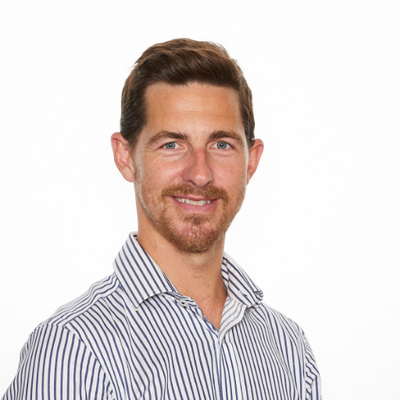
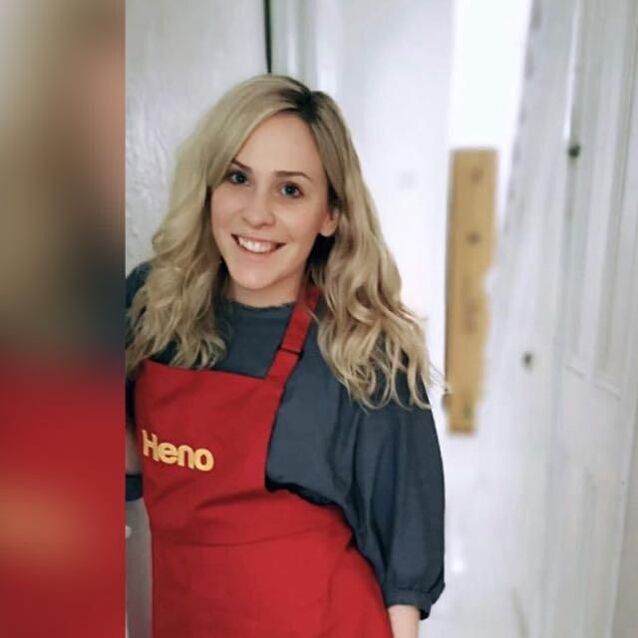
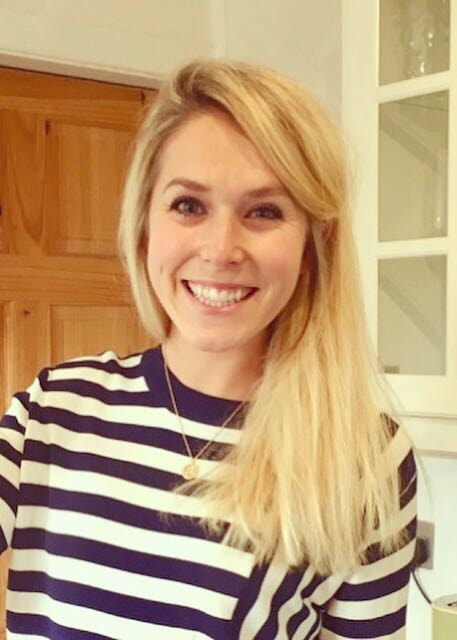
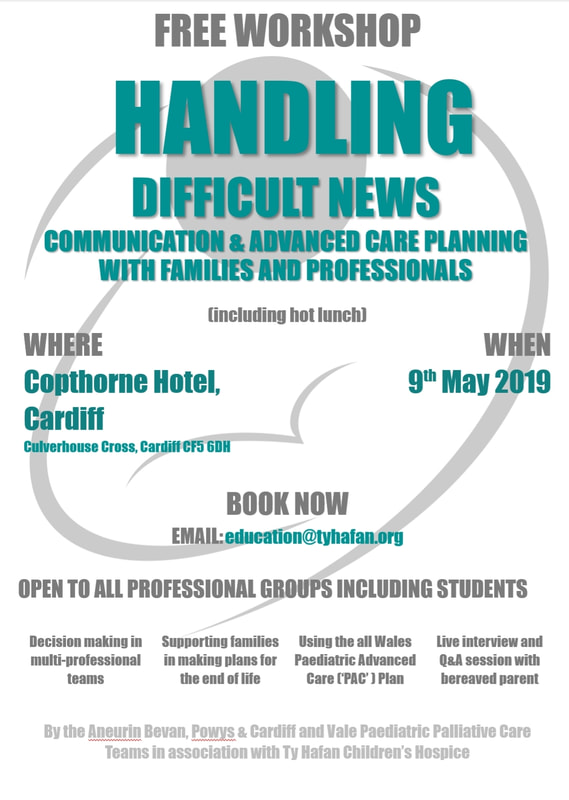
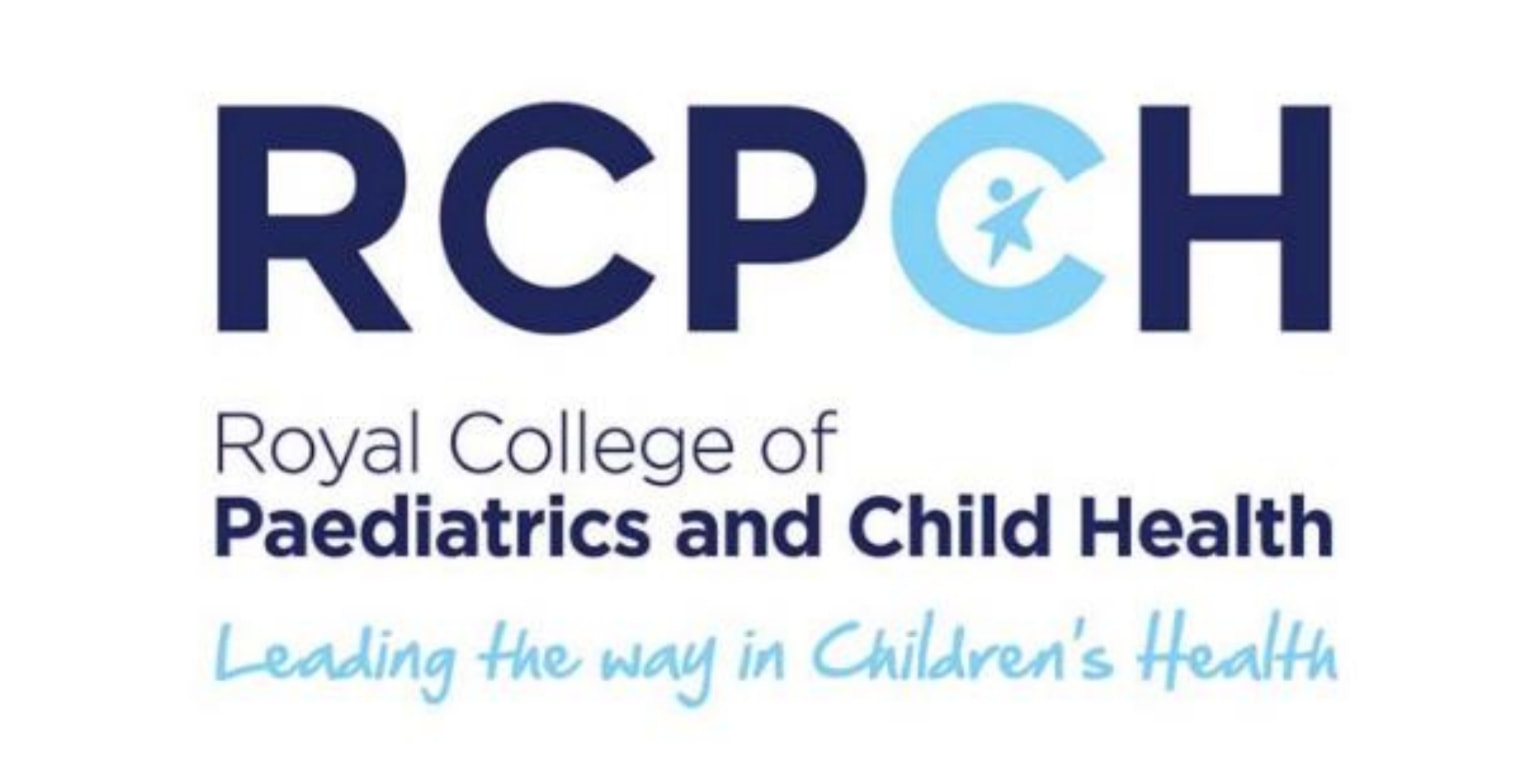



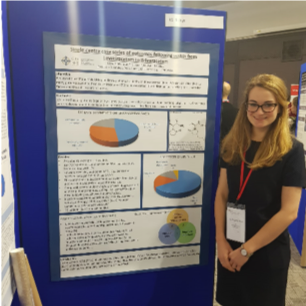

 RSS Feed
RSS Feed
